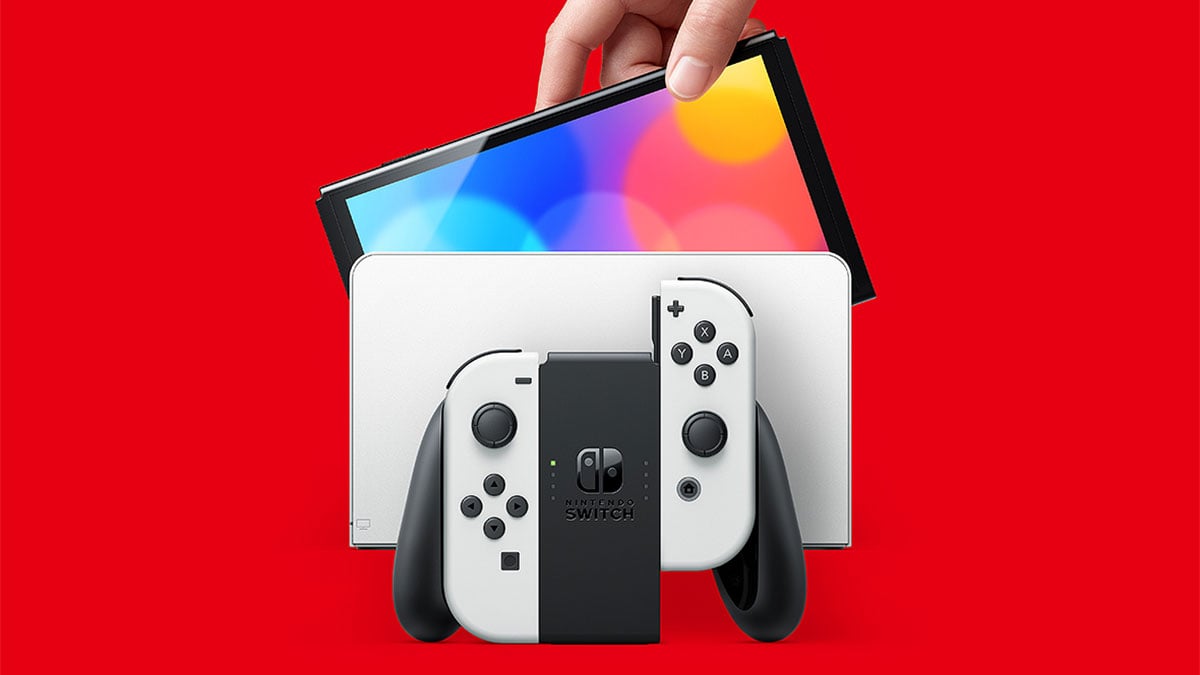When you make one of the most popular games on the planet, the stakes are bigger than usual. However, even for Epic Games, $520 million is a big pill to swallow. That’s how much the creators of Fortnite are being forced to pay to the Federal Trade Commission (FTC) in the United States as part of a landmark settlement that could have huge repercussions within the gaming industry.
Epic Games have opted to settle following the FTC’s investigation into the company’s practices, which concerned the handling of data, specifically how the company handled the personal data of children under the age of 13. The FTC has alleged that Epic Games not only collected the data of children playing Fortnite without notifying their parents or obtaining verifiable parental consent, but they also put those children at risk of bullying and harassment in the game by connecting them with strangers via voice and text chat.
These violations of the Children’s Online Privacy Protection Act (COPPA) earned Epic a fine of $275 million, which is the largest fine in the history of this law. However, that wasn’t the end of Epic’s troubles with the FTC. A further $245 million is to be paid by Epic Games as part of the settlement because of the way they handled customer refunds.
The FTC alleged that the company used underhanded methods to trap customers into payment structures and make it difficult or impossible to cancel ongoing payments. The $245 million collected as part of the refunds will be distributed to players who have filed a complaint against Epic, largely at the discretion of the FTC.
For their part, Epic has done little to accept responsibility for their actions, arguing in a statement made on their website that they “accepted this agreement because they want Epic to be at the forefront of customer protection” and not because fighting it would result in a bigger fine or worse publicity. They argued that they were the victims of a rapidly changing industry and legislation that was struggling to keep up. The statement also mentions that Fortnite is rated Teen but this is not enough to ensure that young people do not play it, which is why they created the cabined account system. This feature was recently implemented to help the company comply with exactly this sort of regulation.
Other developers will be watching this story closely as other regulatory bodies around the world have similar issues with games like Fortnite. We would expect to see measures similar to cabined accounts roll out among other games aimed at or played heavily by children shortly as companies try to avoid similar fines.







Published: Dec 19, 2022 09:21 am